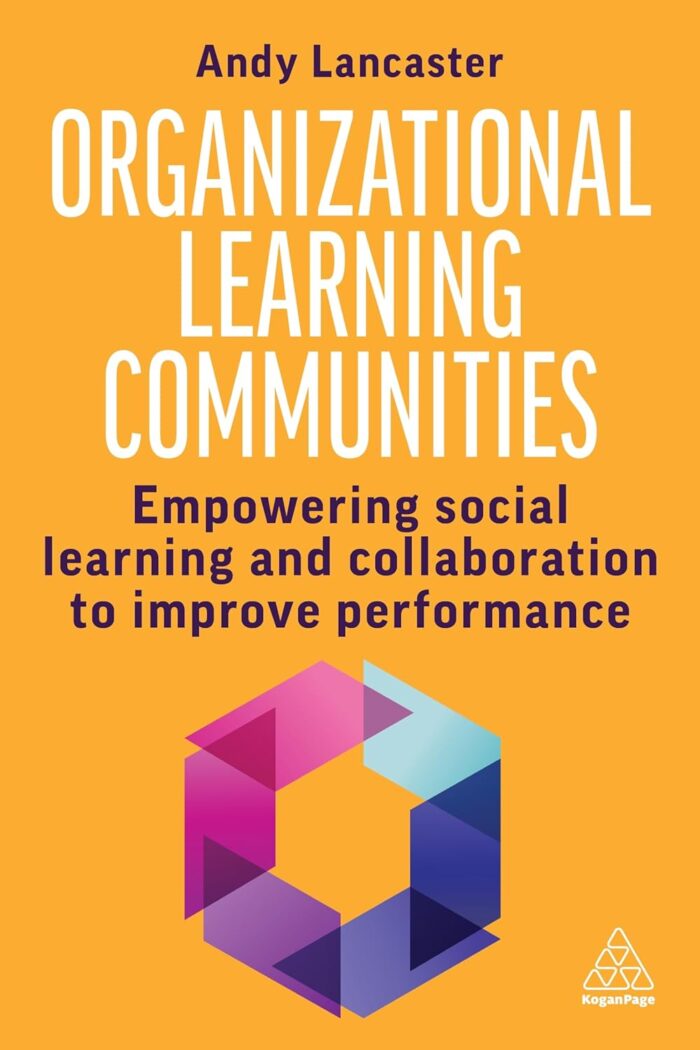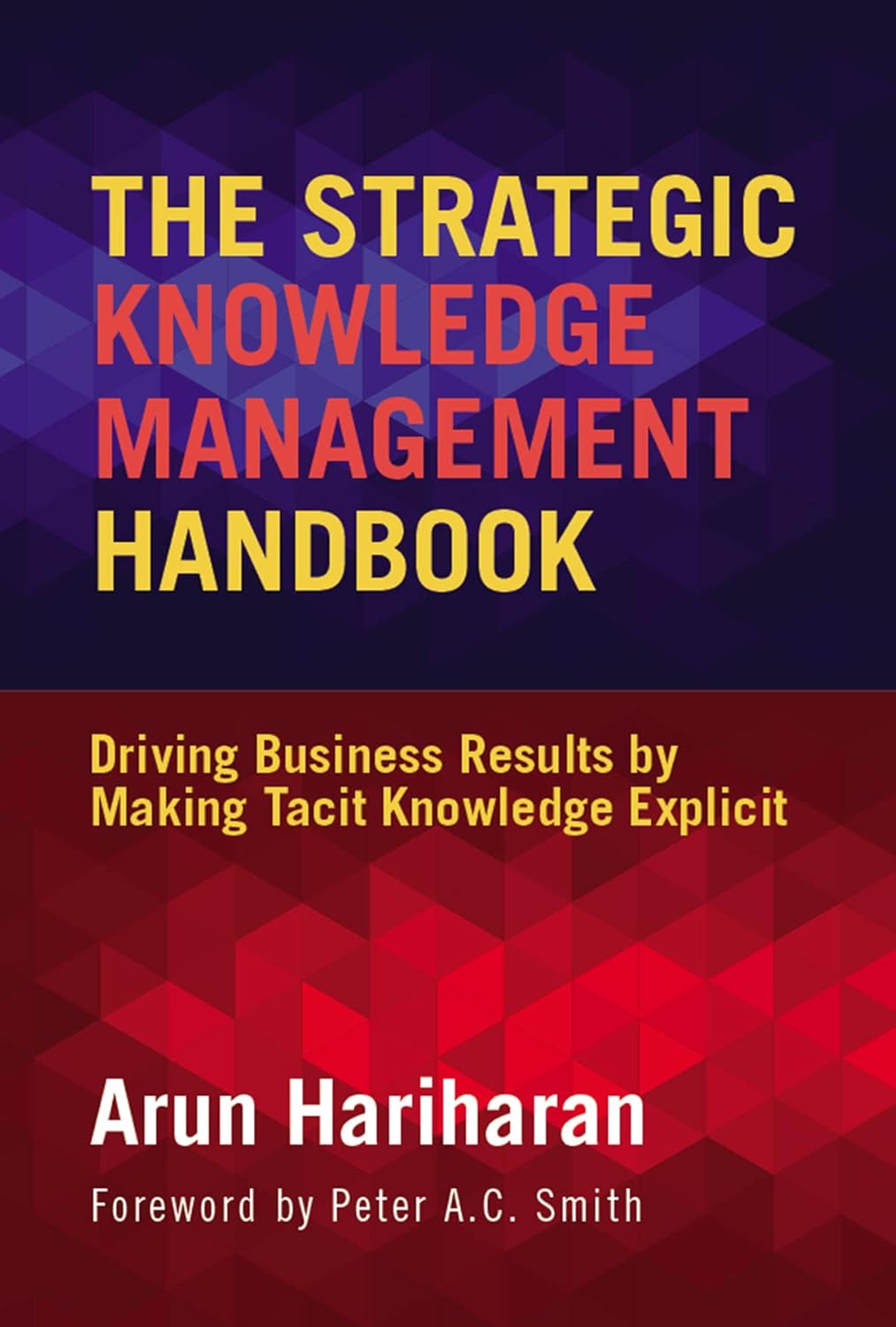
Tacit Knowledge
What is Tacit Knowledge?
Tacit knowledge refers to the know-how, skills, insights, and experiences that individuals carry in their minds but find difficult to express or document. It often develops through personal experience and practical involvement in specific tasks or environments. In project management, this type of knowledge plays a critical role in decision-making, problem-solving, and team collaboration, even though it may not appear in formal documentation. It can include intuitive judgment, cultural understanding, or hands-on techniques learned over time.
Unlike explicit knowledge, which is easily communicated and shared through manuals or reports, tacit knowledge is often shared informally through observation, mentoring, or direct interaction. Because it is difficult to codify, organizations face challenges in preserving this valuable resource, especially when key team members leave or retire.
Key Points
- It is personal and experience-based, making it hard to formalize or write down.
- It contributes significantly to project efficiency and innovation, especially in complex or ambiguous situations.
- Sharing this knowledge usually requires direct communication, such as shadowing, storytelling, or apprenticeship.
- It is often specific to the context of a workplace, culture, or project environment.
- Recognizing and capturing tacit knowledge is essential for knowledge transfer and continuity within project teams.
Related Terms
- Explicit knowledge is the opposite of tacit knowledge, which can be documented and easily shared in formats like manuals or databases.
- Knowledge transfer refers to sharing tacit and explicit knowledge within or across teams to build collective expertise.
- Organizational learning includes strategies to retain tacit knowledge by fostering environments where employees share experiences and insights.
- Lessons learned sessions help uncover tacit knowledge by encouraging reflection and discussion on past project experiences.
- Through close collaboration, mentorship supports the transfer of tacit knowledge from experienced professionals to newer team members.
Tacit Knowledge: Example
A senior project manager who consistently delivers successful outcomes may rely on tacit knowledge gained over years of navigating team dynamics, anticipating stakeholder concerns, and adjusting plans based on subtle cues. While these insights may not be written down, they significantly influence project success. When mentoring a junior colleague, the senior manager passes this knowledge through shared experiences and conversations.
Tacit Knowledge: Best Practices
- Encourage mentorship and peer learning to support the informal transfer of knowledge
- Create a culture where team members feel comfortable sharing experiences and lessons
- Use storytelling and debriefs to draw out insights from completed projects
- Involve experienced staff in training sessions and onboarding processes
- Record interviews or reflections with key personnel to preserve their expertise
Additional Resource
Preparing for a PMI certification?
- Exam Prep Courses: PMP®, CAPM®, and PMI-ACP®
- Exam Simulators: PMP®, CAPM®, PMI-ACP®, PMI-PBA®, PMI-RMP®, PMI-SP®, PgMP®, and PfMP®
- Professional Development Units (PDUs): 15, 30, and 60 PDU Bundles




